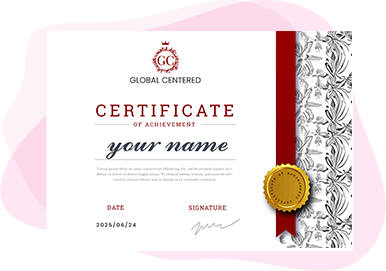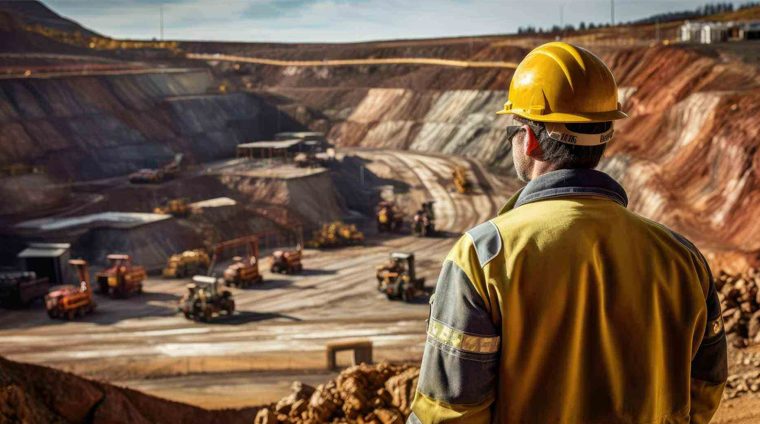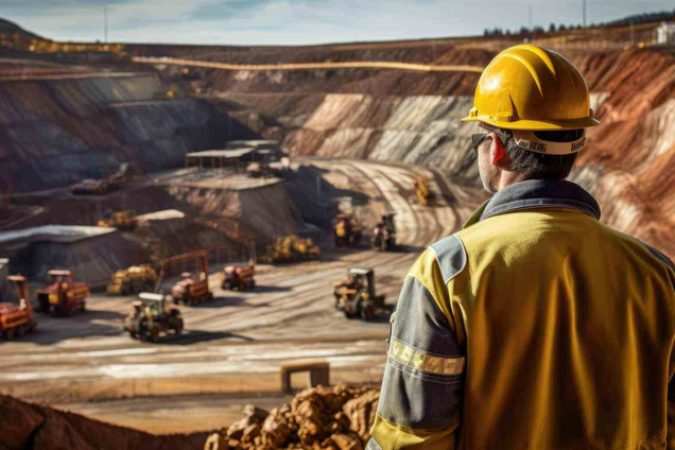GMSGT-Structural Geology and Tectonics in Mineral Exploration 03
Mar/2025
English
A course by
Description
Introduction
This advanced training course is designed for senior geologists, structural geologists, and exploration managers who seek a comprehensive understanding of structural geology and tectonics in mineral exploration. The course focuses on advanced deformation analysis, ore body geometry, structural field techniques, and predictive modeling, with a special emphasis on phosphate, gold, and bauxite deposits.
Date
Day | Time | Price | Country |
|---|---|---|---|
Mon – Wed | 8:00 – 10:00 | $5/hrs | Turkey |
Tue – Thu | 18:00 – 19:00 | $5/hrs | Turkey |
Wed – Fri | 20:00 – 21:00 | $5/hrs | Turkey |
Sat – Sun | 18:00 – 19:00 20:00 – 21:00 | $8/hrs | Turkey |
This Training Course Will Highlight
- Advanced structural controls on mineralization and deformation processes.
- Ore body geometry and structural modeling for resource estimation.
- Fault kinematics, shear zone analysis, and hydrothermal ore deposition.
- Tectonic settings and their influence on mineralized belts.
- Integration of field structural data with geophysical and geochemical datasets.
Objectives
- Develop an advanced understanding of tectonic influences on mineral deposit formation.
- Apply kinematic and structural analysis to predict ore body distribution.
- Conduct detailed structural mapping and deformation analysis.
- Use predictive structural models to enhance exploration targeting.
- Integrate structural, geophysical, and geochemical datasets for better mineral resource assessment.
Training Methodology
- Technical case studies from major mineralized regions worldwide.
- Hands-on exercises in advanced structural mapping and fault analysis.
- Field-based problem-solving discussions on complex structural settings.
- Ore body geometry modeling based on structural interpretation.
- Geological cross-section construction and 3D structural visualization.
- Case Study: Structural assessment and modeling of a world-class mineral deposit.
Organizational Impact
- Enhances mineral targeting efficiency through advanced structural geology applications.
- Reduces exploration risk by integrating structural controls in deposit modeling.
- Strengthens exploration teams’ technical capabilities in mapping and analysis.
- Improves resource estimation accuracy through structural data integration.
- Supports better decision-making in high-value exploration projects.
Personal Impact
- Develops expert-level skills in structural geology and tectonic analysis.
- Strengthens problem-solving abilities in complex geological settings.
- Enhances interpretation of fault systems and ore body geometry.
- Expands career opportunities in global mining and exploration companies.
- Builds expertise in structural modeling for mineral resource estimation.
Who Should Attend?
- Senior geologists and structural geologists in mining and exploration.
- Exploration managers and technical directors in mineral prospecting.
- Mining engineers and resource geologists focusing on ore body modeling.
- Government regulators and policy advisors overseeing exploration projects.
- Academic researchers in economic geology and tectonics.
- Geophysical and geochemical consultants working in exploration.
- Field geologists specializing in structural mapping and mineral deposit analysis.
Course Outline
Day 1
Structural Geology of Ore Deposits – Advanced Principles- Tectonic processes and their impact on mineralized belts global metallogenic provinces.
- Structural controls on hydrothermal gold, sedimentary phosphate, and lateritic bauxite deposits.
- Rock rheology and deformation mechanisms brittle vs. ductile regimes in ore formation.
- Ore body geometry and mineralized fault systems recognizing structural traps.
- Structural preparation of rocks for fluid flow and ore deposition.
- Structural interpretation of a gold deposit in a shear zone.
Day 2
Advanced Fault and Shear Zone Analysis in Mineralization- Fault kinematics and reactivation impact on mineralization.
- Structural evolution of shear zones and their significance in ore deposition.
- Vein arrays, dilation zones, and fluid migration pathways in mineralized systems.
- Paleostress reconstruction for mineral exploration targeting.
- Field methods for fault and shear zone mapping – recognizing key deformation indicators.
- Shear zone-hosted gold deposits and their structural evolution.
Day 3
Folding, Rock Fabrics, and Ore Body Geometry- Geometry of folds and their control on mineral deposits phosphate and bauxite deposits.
- Foliation, cleavage, and lineation understanding their role in ore formation.
- Metamorphism, deformation, and structural remobilization of ore bodies.
- Interpreting and reconstructing folded and refolded structures in mining districts.
- Fold-thrust belt settings and their influence on phosphate deposits.
- Geological cross-section construction for folded terrains.
Day 4
Structural Mapping, Data Integration, and Interpretation- Field mapping techniques for structural geology in exploration.
- Collecting and interpreting orientation data from field measurements.
- Use of stereonets and kinematic analysis for structural predictions.
- Combining structural, geophysical, and geochemical datasets for target definition.
- 3D structural visualization and geological modeling techniques.
- Interpreting geological structures in a mining district using integrated datasets.
Day 5
Exploration Targeting and Predictive Structural Modeling- Structural frameworks of major mining districts worldwide.
- Predicting mineralization using structural mapping and modeling.
- Risk assessment and uncertainty reduction in structural targeting.
- Field validation of structurally controlled mineralized zones.
- Challenges and best practices in applying structural geology to mineral exploration.
Cancellation policy
no refund is accepted
Certificate


Free
Skill level Expert
100% positive reviews
Language: English
Assessments: Self
Step Into a World of Knowledge and Growth
Imagine a place where learning is not just about theory
Courses you might be interested in
Introduction This intermediate course builds upon foundational knowledge and focuses on advanced structural analysis and tectonic models for mineral exploration. Participants will learn how to interpret structural data, predict ore...
-
0 Lessons
Free
Introduction This beginner-level course provides an introduction to structural geology and tectonics and their significance in mineral exploration. Participants will learn fundamental concepts related to rock deformation, faulting, folding, and...
-
0 Lessons
Free
Free

